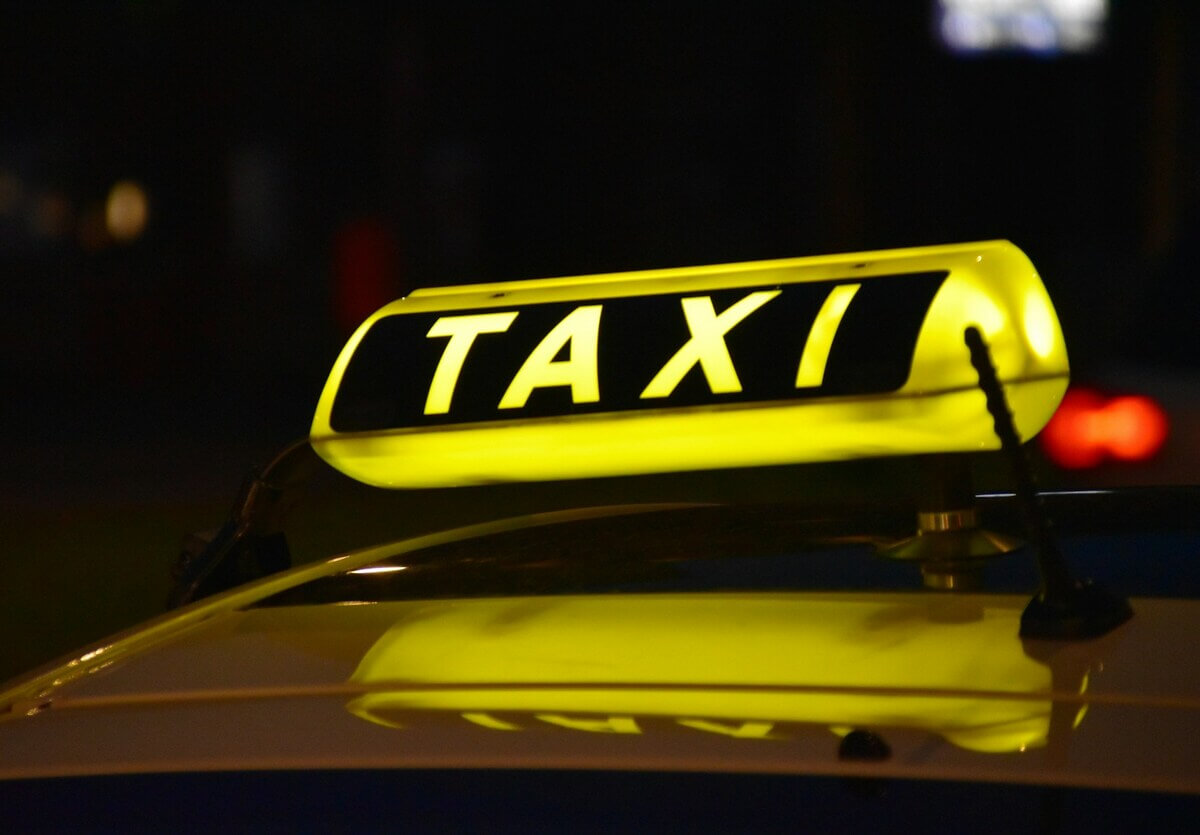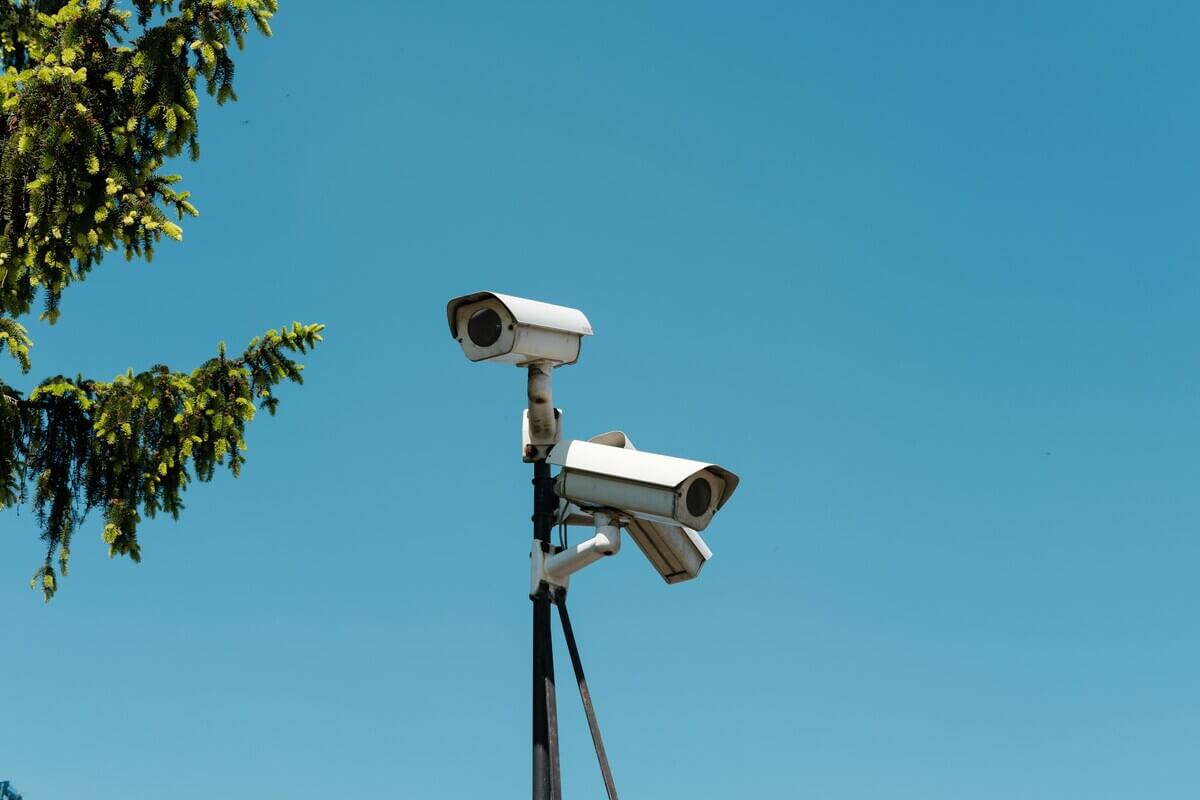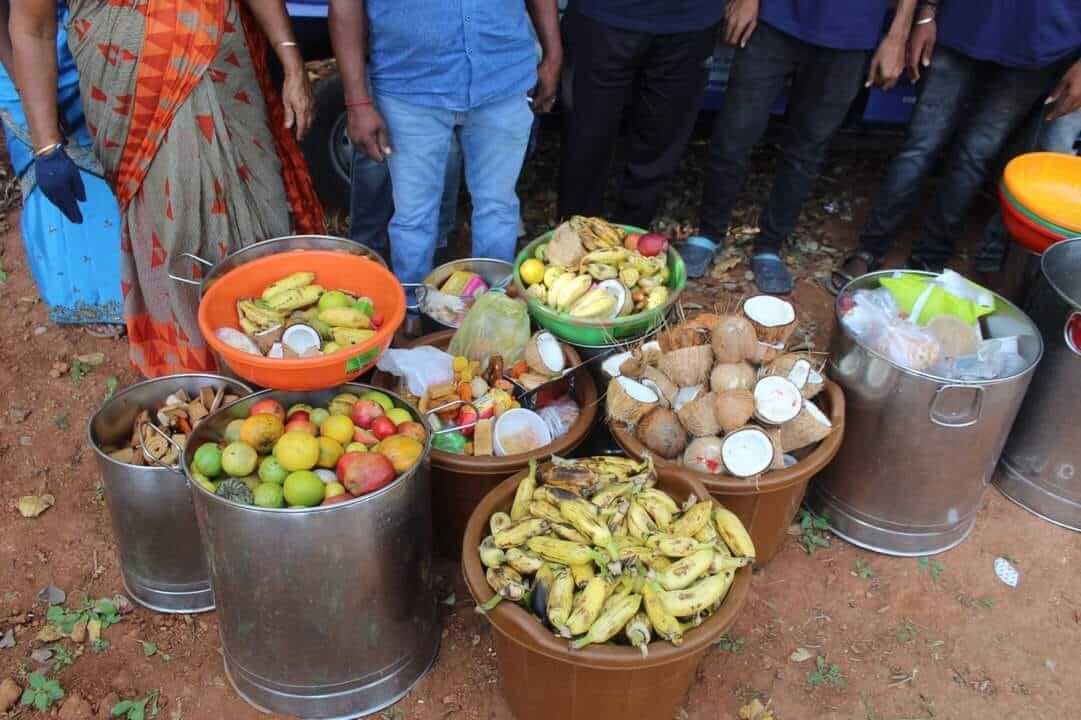Good morning, Bengaluru!
🌫️ Today’s weather: High: 31 ℃ | Low: 18 ℃ | Mist.
🧐 Did you know? Banashankari is the largest locality in Bengaluru.
🚕 Taxi fare revision

Karnataka revises taxi fares, ends flexi-fare system.
Who are they? Karnataka’s transport department has updated taxi fare structures, eliminating the flexi-fare system introduced in 2021 and setting fixed rates for rides. This change, affecting both app-based services like Ola and Uber and traditional taxi operators, is aimed at standardising costs for passengers across the state.
Price brackets: The new fare system categorises taxis into three price brackets, with charges starting from ₹100 for the first four kilometres, varying by vehicle cost.
- For vehicles costing below ₹10 lakh:
- Basic fare: ₹100 for the first four kilometres
- Thereafter: ₹24 for every subsequent kilometre
- For vehicles in the price range of ₹10 lakh to ₹15 lakh:
- Basic fare: ₹115 for the first four kilometres
- Thereafter: ₹28 for each subsequent kilometre
- For vehicles costing above ₹15 lakh:
- Basic fare: ₹130 for the first four kilometres
- Thereafter: ₹32 for each subsequent kilometre
Other charges:
- Waiting Charge: No charge for the first five minutes, then ₹1 for every minute thereafter.
- Night Surcharge: An additional 10% can be charged for taxis booked between 12 am and 6 am.
- Other Charges: Operators are allowed to collect GST and toll fees from passengers.
Consistent fares: This fare revision eliminates the flexi-fare system and mandates that operators adhere to these fixed rates, ensuring clarity and consistency for both passengers and drivers.
👁️🗨️ Non-functional CCTVs


Many of Bengaluru’s CCTV cameras under the Safe City project are non-functional.
What’s it about? Bengaluru’s initiative to enhance city safety through the installation of 7,500 CCTV cameras has hit a snag, with only 5,000 currently operational.
- The city police’s Safe City project has faced criticism from citizens and community members for the non-functionality of a significant number of these cameras, especially in critical times of need, such as during the search for a missing child.
- Frustrated by government inaction, local residents and associations have taken it upon themselves to install functional CCTV systems, with over a hundred cameras already in place in Talaghattapura.
Missing accountability: The initiative reflects a growing concern over safety and the effectiveness of public spending on security infrastructure, prompting questions about accountability and maintenance of these vital assets.
🐘 Elephants roam Bengaluru for a cause


Bengaluru hosts unique elephant sculptures to promote human-wildlife coexistence.
What’s it about? In an innovative move to address human-wildlife conflicts and the invasive Lantana weed problem, Bengaluru is now home to elephant sculptures made from Lantana. These sculptures, part of a month-long exhibition across the city, aim to raise awareness about wildlife conservation and support tribal livelihoods. The initiative kicked off at Lalbagh Botanical Garden with over 60 elephant installations.
- The project tackles the Lantana weed menace by transforming it into art, providing sustainable income for tribal communities.
- Officials and tribal leaders emphasise the importance of cohabitation with wildlife and seek policy measures to further this cause, along with additional funding for habitat restoration.
Facilitating dialogue: The exhibition, symbolising a blend of conservation, culture, and creativity, will extend to various city locations, encouraging a broader dialogue on these critical issues.
🍛 Tackling food waste


‘No Food Waste’ vehicle initiative launches in Bengaluru to combat food wastage.
What’s it about? The ‘No Food Waste’ vehicle, a pioneering effort sponsored by the Airports Authority of India, aims to significantly reduce food wastage in Bengaluru, where an estimated 35% of food produced is discarded.
- This initiative addresses a critical issue highlighted by the Bruhat Bengaluru Hotels Association (BBHA), which points to an annual waste of 68.7 million tonnes of food, particularly from wedding halls and star hotels.
- The initiative targets the high-waste sectors, with a focus on preserving the shelf life of various food items and implementing safety measures for surplus food collection.
Other measures: BBHA plans to introduce measures such as customer education on minimising thali waste, technological solutions for demand-based food preparation, and a food waste management logbook to encourage mindful consumption.
📊 Today’s Poll
(Only subscribers can participate in the polls)
Which friends are the closest to you – school or college?
- My school friends are the closest to me.
- My college friends are the closest to me.
❓ Today’s Question
(Only subscribers can submit their answers)
Which is your favourite pub in Bengaluru?
Reply to this email with your answers.
🗞️ In other news…
- In 2023, Bengaluru retained its position as India’s most congested city, though it fell to sixth globally.
- To increase train speeds and cut down travel time between Mysuru and Bengaluru, plans are underway to reduce or eliminate track curvature on the route.
- The surge in illegal PG accommodations in Bengaluru is attributed to the absence of regulatory standards.
- The Karnataka High Court has directed BBMP with guidelines to halt the construction of buildings without approval or those deviating from the approved plan.
- Double-decker buses will be introduced on just three routes in Bengaluru.
That’s it for today. Have a great day!
